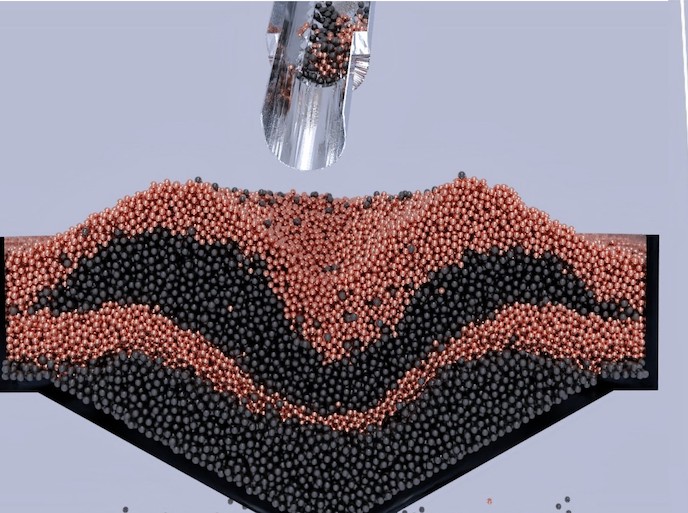Applying the principles of industrial symbiosis for more sustainable manufacturing
Improving the sustainability of contemporary industrial processes requires a new paradigm whereby critical resources such as materials, energy, waste and by-products can be coordinated more efficiently between Production Units. The paradigm, adopted by the EU-supported SYMBIOPTIMA (Human-mimetic approach to the integrated monitoring, management and optimization of a symbiotic cluster of smart production units) project, was ‘human-mimetic symbiosis’ which takes its inspiration from the functioning of the human body. This approach rethinks and reuses production resources across diverse industries, and even sectors, for increased efficiency with fewer adverse environmental impacts. SYMBIOPTIMA developed an integrated Energy and Resource Management System (ERMS), which offers tools for production scheduling and demand response management and for Life Cycle Sustainability Assessments (LCSAs). It also created hardware for modular ‘plug and play’ monitoring of production plants, as well as an integrated toolset for all thermal energy sources, flows and sinks. Additionally, to maximise the reuse of waste, it developed a unique de-polymerisation process for plastics (PET). ‘Closing the loop’ with eco-innovation Modern industrial management involves monitoring, measuring, recording, analysing, controlling and redirecting energy and material flows within systems to ensure productivity and sustainability. “Inspired by the human body, SYMBIOPTIMA’s innovation was to view elements of an industrial cluster (such as companies), as functionally independent but simultaneously interconnected with other elements, in a unitary system,” project coordinator Mr Andrea Ballarino says, adding that “each element pursues objectives for the good of the whole.” To operationalise their concept, SYMBIOPTIMA developed an ERMS as the integration point for all the environmental, energy and economic factors of each company, functioning as Production Units, in the cluster. With all the data aggregated, the platform uses evaluation tools to support decision making. For example, demand response software can exploit knowledge about energy use scheduling within the cluster, to communicate with the energy market and purchase energy more conveniently and at a lower cost for both individual companies and the cluster as a whole. SYMBIOPTIMA re-evaluated what constitutes ‘waste’, allowing disruptive technologies to then find ways to exploit previously discarded materials. A prime example is the development of a new chemical treatment technology for recycling and reusing PET plastics, called Gr3n, recently the overall winner of the EU’s Innovation Radar Award 2018. The system is modular to facilitate integration and scalability, at both the hardware and software levels. Integration at the process monitoring level has been developed to complement, rather than replace, existing systems. Moreover, the adoption of interoperability standards and protocols, capable of building upon existing systems and features of the Internet, makes it easier to upgrade legacy systems. Opportunities for growth According to Ballarino, based on Eurostat figures, the chemical, cement, ceramic, steel, petrochemical, minerals and ores, non-ferrous metals, and water industries collectively represent more than 450 000 enterprises, over 6.8 million employees and more than EUR 1.6 billion in revenue – constituting 20 % of all manufacturing in Europe. These statistics highlight the potential impact these industrial sectors have on the overall sustainability of the European economy. “Sustainable processes cannot be achieved through competition but rather cooperative management, and integration of resources,” says Ballarino. “The incentives for this vary – from conventional business reasons, such as cost reduction or increased revenues, to long-term resource security or even regulatory compliance. We need to tap into these.” Currently SYMBIOPTIMA is piloting the full solution with companies from across industry. Some technologies are already market-ready, such as the ERMS platform, as well as the integrated toolset for thermal energy sources and flows management, while others are shortly to enter the market.







